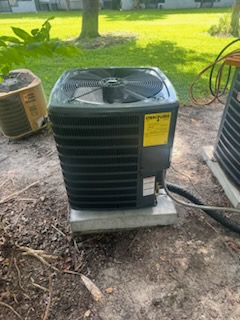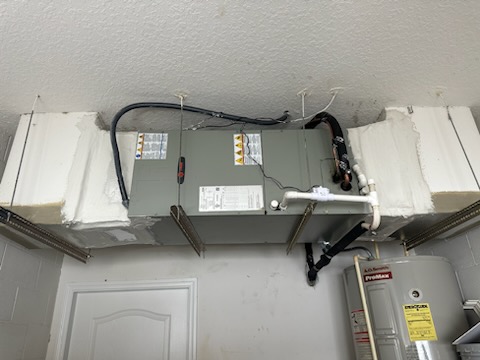Choosing the Right HVAC Repair Service for Your Home
Choosing the Right HVAC Repair Service for Your Home
Blog Article
HVAC Repair 101: What Every Homeowner Should Know
Heating, Ventilation, and Air Fitness (HVAC) programs are important for sustaining comfort in homes and businesses. Nevertheless, like all technical methods, they are able to fail around time. Determining early signs of difficulty can save you from costly repairs and ensure one's body operates efficiently. Here's how to identify when your HVAC replacement system wants repair:

Signals Your HVAC Program Needs Fix
There are numerous signs your HVAC program might need repair. Some are far more obvious than the others, but it's crucial that you focus on any changes in your system's performance. Ignoring potential issues may lead to help expand injury and expensive fixes down the line.
Unusual Tones
One of the very most visible signals that the HVAC system needs fix is strange disturbances coming from the unit. In the event that you hear bumping, clanging, or grinding seems, it may indicate that there surely is a free or broken component within the system. It's essential not to ignore these sounds and have them examined by way of a professional as soon as possible.
1. Sudden Upsurge in Power Costs
One of the most apparent signs your HVAC system may need fix is a sudden spike in energy bills. If your energy use hasn't transformed significantly, but your bills have improved, it may indicate that the machine is working tougher than it should. This frequently occurs due to use and rip or components that want maintenance. Approaching the issue immediately may reduce further performance failures and higher costs.
2. Strange Noises
HVAC systems operate with a particular amount of background noise, but uncommon sounds like rattling, bumping, squealing, or grinding shouldn't move unnoticed. These sounds can indicate loose parts, lover dilemmas, or engine problems. Ignoring them can result in substantial damage, turning a reasonable correct in to a pricey fix job.
3. Poor Ventilation or Bumpy Conditions
If circulation from your own HVAC is noticeably weaker or some areas sense also cold or hot while the others are relaxed, it might signify your system's blower or ductwork is compromised. Such issues may stem from a blocked filter, duct flow, or declining compressor. Immediate attention may assure your home keeps regular comfort levels.
4. Weird Smells
A distressing smell coming from your ports is never a good sign. A damp smell might show form development within the machine, while using or smoky odors can indicate electrical or mechanical issues. These smells shouldn't be dismissed as they may create health problems or result in process failure.
5. Frequent Cycling or Trouble Starting
Does your HVAC system switch on and down more often than usual? Or does it battle to start at all? These dilemmas could signal a trouble with the thermostat, wiring, or other central components. Continuous biking wastes power and increases wear on the system, ultimately causing more substantial breakdowns if remaining unaddressed.
6. Excess Humidity or Moisture Build-up

Your HVAC program is responsible for sustaining proper indoor moisture levels. If you see exorbitant moisture near the system or experience unusually high humidity inside, it might mean the system is malfunctioning. Refrigerant leaks or clogged drainage are typical culprits, and they require quick professional evaluation.
Final Feelings
Your HVAC process is really a critical expense in house comfort and power efficiency. Realizing early caution signals and working easily will help prevent costly breakdowns and extend the lifespan of one's system. Consider these issues and consult a certified HVAC tech if you notice any one of them. Hands-on treatment today will save you time, money, and strain tomorrow. Report this page